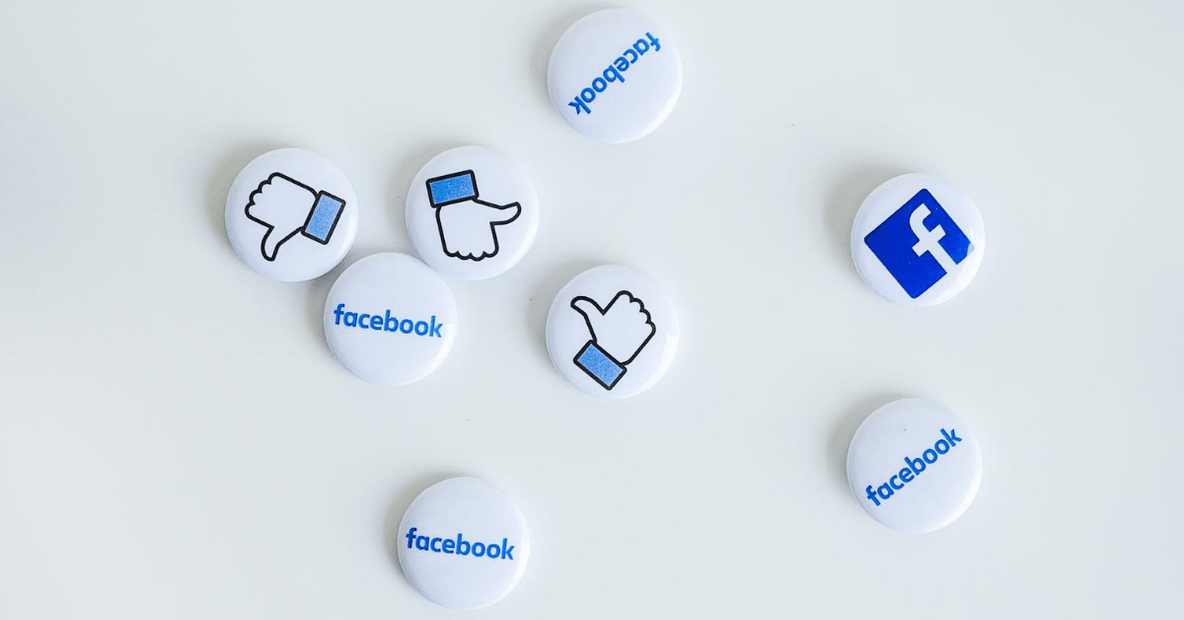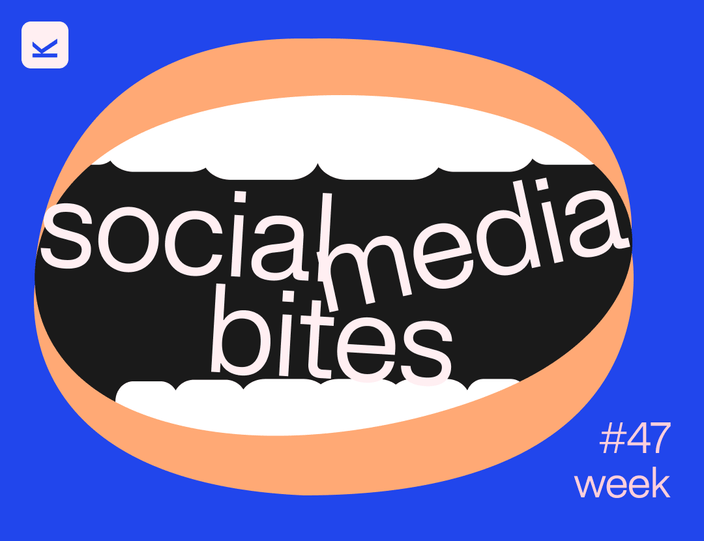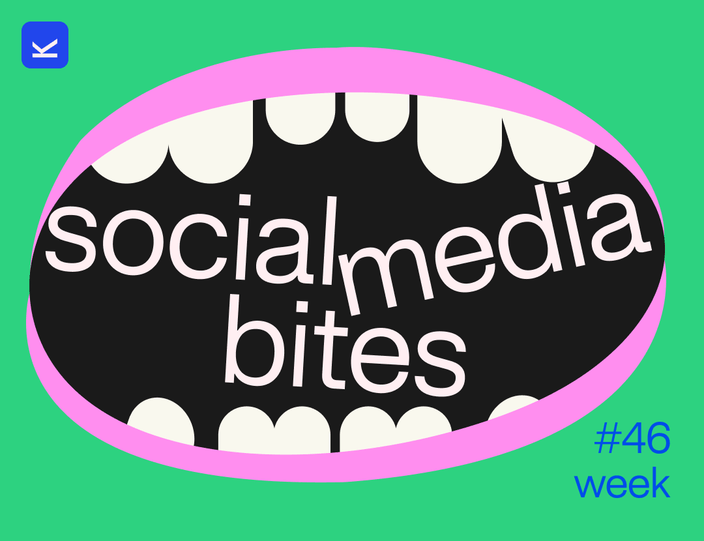After facing backlash over their handling of ‘fake news’ since the 2016 US Presidential elections, Facebook became the centre of a debate on hate speech. This may end up impacting the company financially as it comes head to head with some of its media advertisers.
This campaign led multiple brands and media companies to retract ads from the platform, giving this boycott more weight than previous instances of criticism. The month-long campaign has officially ended with the latest event being the release of a video directed at Mark Zuckerberg, highlighting the causes for the boycott and the demands of the organizers.
Long-term effects are still to be determined, with some advertisers cutting spending for the remainder of the year, with no words as to whether they will return to the platform.
Why did this boycott start?
The campaign, labeled #StopHateforProfit, gained momentum after Facebook decided to allow threatening comments from United States President Donald Trump to stay online unchecked. The post in question threatened violence against people protesting police brutality in the aftermath of George Floyd’s death.
Facebook’s decision to leave the post up came in direct opposition to other platforms like Twitter who have implemented fact-checking policies in an effort to limit the impact of false claims on their users and who have reiterated their hands-on policy when it comes to suppressing hate speech.
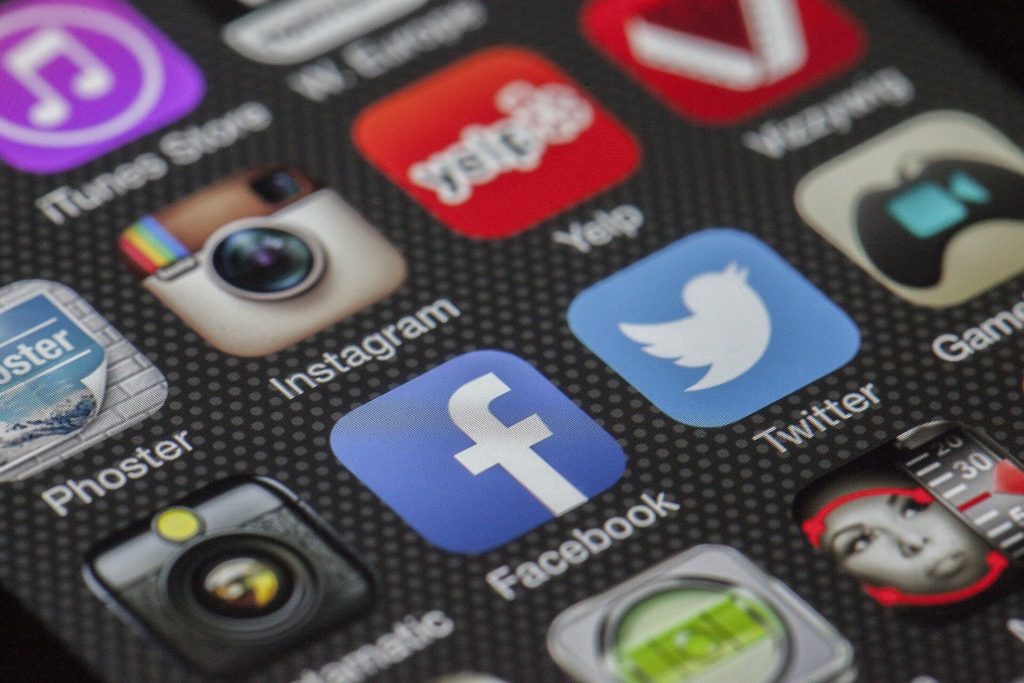
As a result of Facebook’s inaction, various media advertisers announced they were pulling their ads starting in early July. The pressure on the social media giant increased on July 23rd with the release of a video titled ‘Dear Mark’, highlighting how Facebook has been instrumental in giving a platform to hate speech and particularly in spreading messages of white supremacy.
Who was leading and taking part in the boycott?
The campaign was led by various civil rights groups, including the NAACP (the National Association for the Advancement of Colored People), Color of Change and the Anti-Defamation League. As of late July, over a thousand companies have announced their participation in the boycott, including Unilever, Coca-Cola and Adidas.
Only a small number of Facebook’s largest advertisers responded to the boycott. Home Depot, Facebook’s largest advertiser with $179 million spent in ads in 2019, stated that they are ‘watching this very closely’ and Disney, Facebook’s largest advertiser in the US so far in 2020, paused their ad spend for the time being.
This was in addition to various media advertisers who had already planned to limit their ad spending due to the coronavirus, which means that the financial impact to Facebook may be slightly stronger, but that the message of the boycott is diluted by companies pulling ads without specifying whether they are protesting Facebook’s policy on hate speech or simply cutting down ad costs during the pandemic.
Overall, the financial impact remains limited as media advertisers are easily replaced, and many advertisers taking part in the boycott announced temporary measures, but have by no means completely sworn off using Facebook in the future.
An overview of Facebook and their media advertisers
Facebook generated nearly $70 billion in advertising revenue last year, according to its financial statements, most of which comes from small and medium-sized businesses. Amongst more than 8 million advertisers on the platform, the biggest 100 spenders only make up about 6% of Facebook’s revenue.
Media advertisers are numerous and easy to come by, and a boycott may lead to a drop in ad prices, attracting new advertisers. This is one of the reasons why Facebook’s ad system works so well, bringing in about 98% of its annual $70.7 billion revenue.
The boycott did lead to a drop of about 8% in the company’s stock price, but this temporary effect did not last long and the price soon returned to its previous value. This suggests that the movement could hold financial power but isn’t currently strong or wide enough to impact Facebook in a tangible way. This is worth noting as there is a growing movement of larger media advertisers, especially international ones, favoring marketing channels other than social media.
Despite happening at the same time as budget cuts caused by the coronavirus, and ongoing dissatisfaction of the public and advertisers with Facebook’s hate speech policy, the #StopHateforProfit campaign represents an additional dent in Facebook’s reputation, but shows once again that it would take much more than a month-long boycott to impact the platform’s finances in a meaningful way.
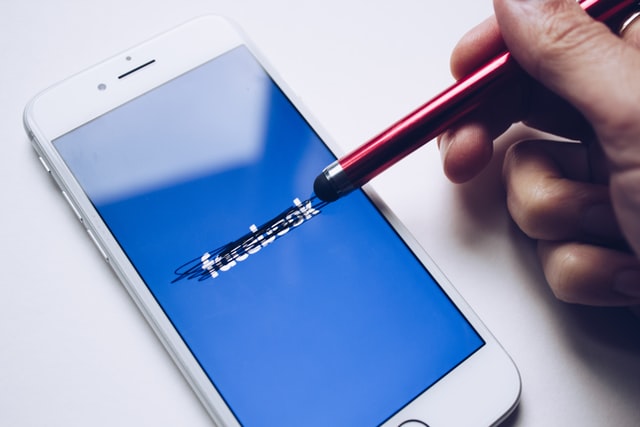
Facebook’s response to the criticisms
At the beginning of the campaign, Mark Zuckerberg claimed he was certain that media advertisers would return shortly to the platform, and his position seemed unlikely to change after staying the same for the last few years. Previously, Zuckerberg had expressed that he agrees that hate speech should be removed from Facebook, but the definition of terms such as ‘hate speech’ or ‘white supremacy’ within these policies is up to the platform.
Facebook has already been heavily criticised for having very narrow definitions of these terms, meaning that many inflammatory comments aren’t removed. As such, Zuckerberg argues that content like Donald Trump’s post do not constitute hate speech and that individuals should be allowed to see all information relevant to their political leaders so they can make informed decisions when voting.
However it seems Facebook was at least open to hearing the demands made by the campaign leaders, after Mark Zuckerberg, Sheryl Sandberg and other Facebook executives met with the civil rights groups over Zoom. During the discussion, the campaign leaders made ten demands.
Currently, Facebook has only agreed to one of them: hiring a civil rights position to monitor and uphold their policy on hate speech. Additional measures to limit hateful ads targeting minorities have been put into place, although the value of these actions has yet to be determined.
Following the meeting, representatives from the civil rights groups noted that the results were “very disappointing”. A statement by the social media platform reiterated that its executives are committed to “keep[ing] hate off of the platform”, a position reinforced by the release of a report auditing the civil rights policies of Facebook.
But the statement and reports were deemed insufficient by many including their own employees who staged a virtual “walkout”, showing that the supporters of the campaign are numerous and have varied ways of communicating their discontent.
The potential impact of the boycott on Facebook
As noted previously, the financial impact of the boycott was limited. That being said, the pressure coming from users of the platform and its employees could generate further protesting and impact Facebook more seriously.
Now more than ever, brands are aware of social trends and susceptible to pulling ads if there is a risk of negative association and backlash. More brands may join the boycott, not necessarily for ethical reasons but to avoid their image being tarnished.
This is especially true when considering the fact that the current debate over Facebook’s hate speech policy is focused on the United States, but the issues of hate speech and the platform’s impact on the political scene exist internationally. Should the boycott gain momentum across the globe, it could threaten the platform’s revenue on a more tangible level.
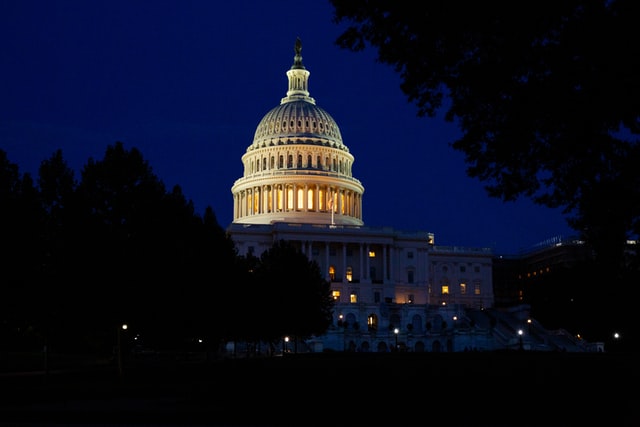
Distrust and criticism of social media platforms’ hate speech policies is growing. Facebook is the most visible example of this, but other platforms like Twitter and Instagram have been criticised for similar reasons and have seen ads pulled by media advertisers.
The major part played by social media in everyday life and areas such as politics makes it increasingly difficult for them to claim a position of neutrality. Their influence and the ever growing number of users worldwide pushes them further towards politicisation, with growing scrutiny from their media advertisers and users across the political divide.
It is within this context that governments are now joining companies and individuals in questioning Facebook’s policies: the United States Congress is investigating tech giants including Facebook, Google, Apple and Amazon for suppressing competition and breaching antitrust laws. A separate issue to that of the boycott, but both showing new expectations of accountability from these companies.
Although this boycott was not successful in obtaining significant policy changes from Facebook, it is worth noting that this campaign gained a lot of traction and support in a short amount of time, from large media advertisers. Whilst many have resumed spending, others are still boycotting or pressuring the platform to improve further.
This suggests that Facebook will not be able to maintain its current pacifying tactic forever, and may be forced to make more divisive policy changes in order to retain its users and media advertisers. The boycott over Facebook’s hate speech policy certainly wasn’t the end of the tech giant, but it may have been a turning point in how the company responds to backlash.
